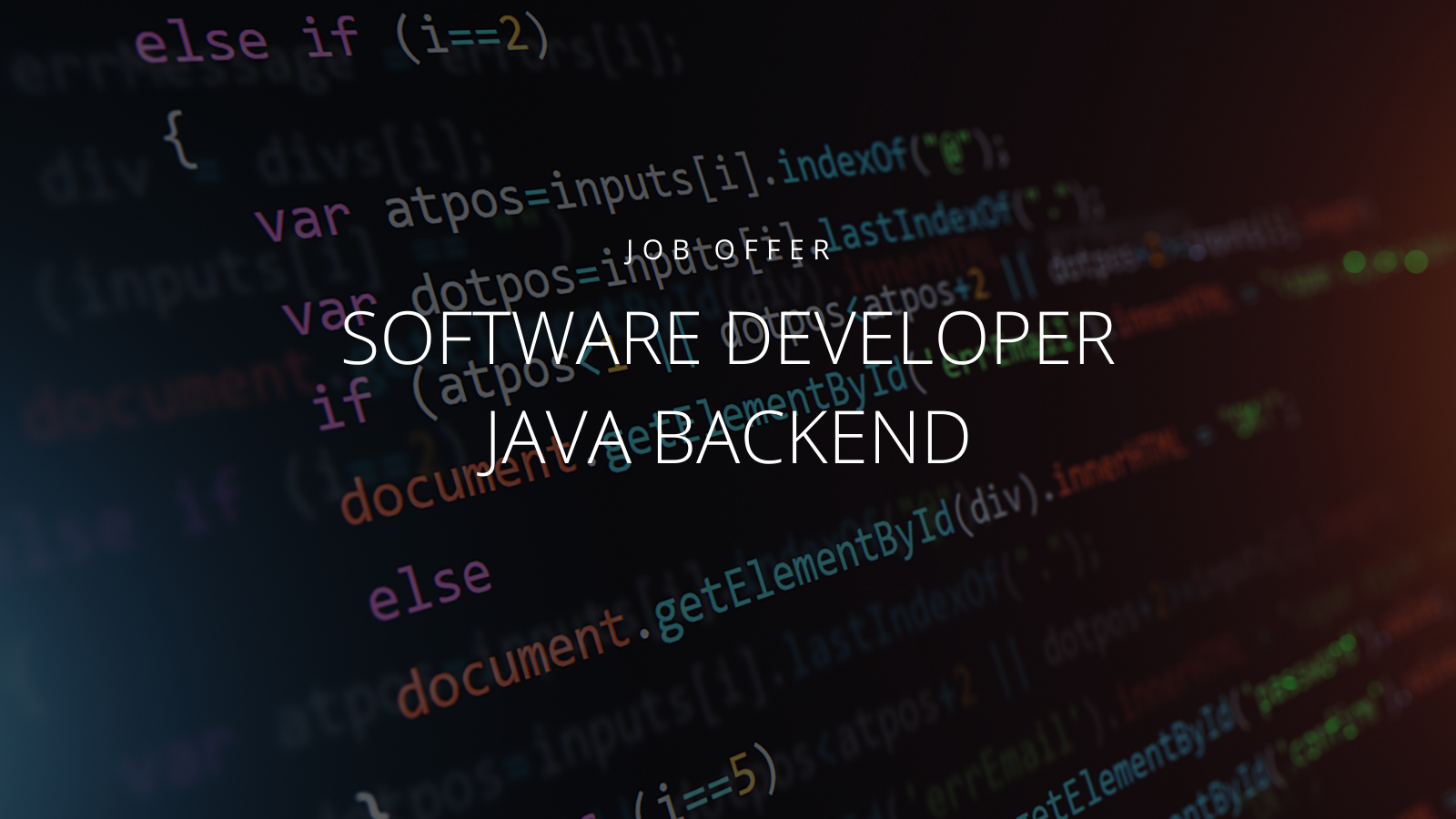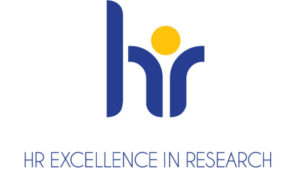Roster – Software Developer – Java Backend


closed
The Basque Centre for Climate Change (BC3) offers a full-time Software Developer – Java Backend position in order to support the research activities of Research Line (RL) 5 on Integrated Modelling of Coupled Human-Natural Systems.
The RL generates multidisciplinary scientific knowledge from human-nature interdependence to address complex sustainability problems through artificial intelligence (AI). The goal of the RL is to provide environmental data, models and understanding by retrieving, evaluating and integrating the existing information in order to support an effective policy-making where nature counts. Besides Ecosystem Services, the RL also tackles Natural Capital Accounting, Conservation Finance, Food Security, Marine Spatial Planning, and Renewable Energy.
During the past decade, the RL has envisioned and built the ARIES (ARtificial Intelligence for Environment and Sustainability (https://aries.integratedmodelling.org/) platform, a technology that integrates network-available data and model components through semantics and machine reasoning.
Its underlying open-source software (k.LAB, https://docs.integratedmodelling.org/technote/) handles the full end-to-end process of integrating data and with multiple model integration types to predict complex change. It also supports selection of the most appropriate data and models using cloud technology and following an open data paradigm: the resulting insight remains open and available to society at large, and becomes a base for further computations, contributing to an ever-increasing knowledge base. For the first time, it is possible to consistently characterize and publish data and models for their integration in predictive models, building and field-testing technologies that have eluded researchers to date.
We are looking for an individual who can support strategic activities related to integrated data science and collaborative, integrated modelling on the semantic web (semantic meta-modelling).
The selected candidate will:
Contribute to the design and implementation of the modeling engine, which assembles network-available model components and data and compiles the assembled graph into a runnable dataflow. The candidate should be conversant with simulation modeling principles, machine reasoning using OWL and its Java implementations (OWLAPI), open source GIS (e.g. Geotools), and be aware of, or open to quickly learn, corresponding technologies on the Java platform. Understanding of REST, Spring and Websockets (for communication with the front-end) will be necessary.
Key responsibilities:
- Collaborate on developing, strengthening and debugging the back-end and/or the client components of the k.LAB software stack (and more specifically the modeling engine).
- Collaborate on the definition of unit tests and code review policies for both k.LAB and the associated data/model products.
- Participate in all aspects of the development life cycle including analysis, design, development, documentation, release and deployment.
- Communicate and coordinate with both technical and non-technical stakeholders.
Experience/skills required: We are looking for an individual who can support strategic activities related to integrated data science and collaborative, integrated modelling on the semantic web, with a focus on Software Development Life Cycle.
Desired qualifications include:
- A degree in Computer Science, or other fields of relevance to Ecoinformatics (or a very good reason not to have one).
- Strong analytical skills and an ability to learn quickly and to think outside the box. Our work is very innovative and you should expect your job to be as intellectually challenging as rewarding. A strong motivation and a desire to learn and explore new technologies are a must.
- Working knowledge of written and oral English. Most of our communication is in English although knowledge of Spanish and/or Italian will be an asset.
- An understanding of artificial intelligence, in particular knowledge representation, formal semantics and machine reasoning.
- An ability to work independently, with a diverse, multi-location and multi-lingual team.
- 3+ years of experience in developing Java software, with mature design, coding, testing and debugging skills in a JVM environment, but also comfortable and happy to work in a multi-language environment.
- Experience with an agile development process with industry-standard issue tracking, continuous development and deployment (BC3 uses the Atlassian toolchain: Jira, Bamboo, Confluence).
- Full fluency with Git and Maven technologies across the entire build-test-release cycle.
- Experience in designing and implementing high-performance REST service APIs and back-ends, preferably with Spring.
- Knowledge and experience developing with and for the Eclipse environment.
.
Term of contract
The position will be for a period of at least 1 + 1 years starting in January 2022, with a probation period of 4 months based on the performance of the work. Excellent opportunities for longer term employment upon successful performance.
.
Salary
The position will carry competitive salary, matching the academic and professional profile of the applicant, and excellent work conditions.
Location
Basque Centre for Climate Change, Leioa, Spain.
As a HR Excellence awarded institution, BC3 is committed to conciliate research-academic requirements and family duties. BC3 is particularly concerned with creating equality opportunities for people. Women with relevant qualifications are therefore strongly encouraged to apply for the position.
Application procedure:
Those interested should include in their request:
- 2-page CV
- One-page motivation letter
- Contact details of two referees
.
Deadline
Open.
Informal enquiries can be made to Ferdinando Villa (ferdinando.villa@bc3research.org) and Stefano Balbi (stefano.balbi@bc3research.org) noting in the subject of the message “Java backend position”.
.
.
This form is disabled.

